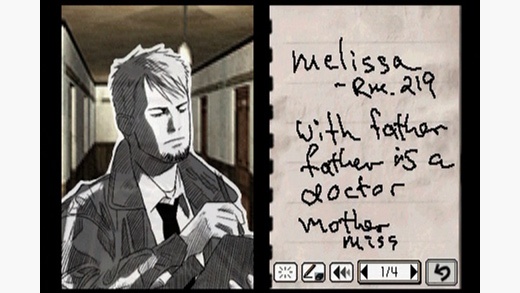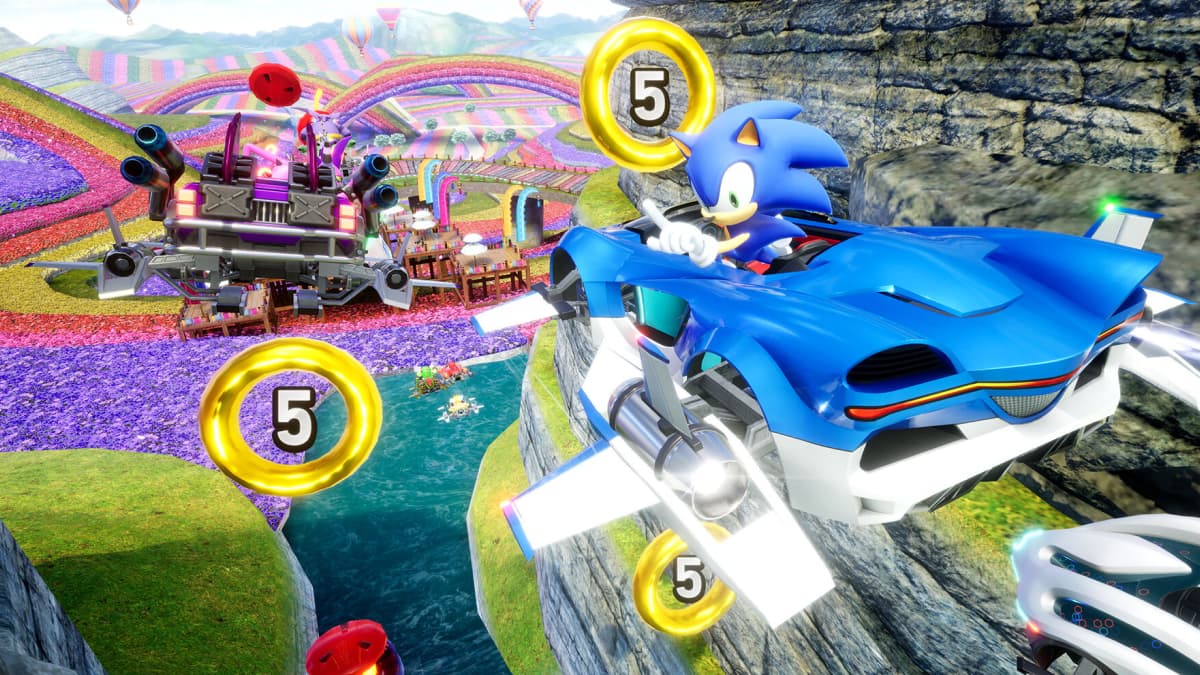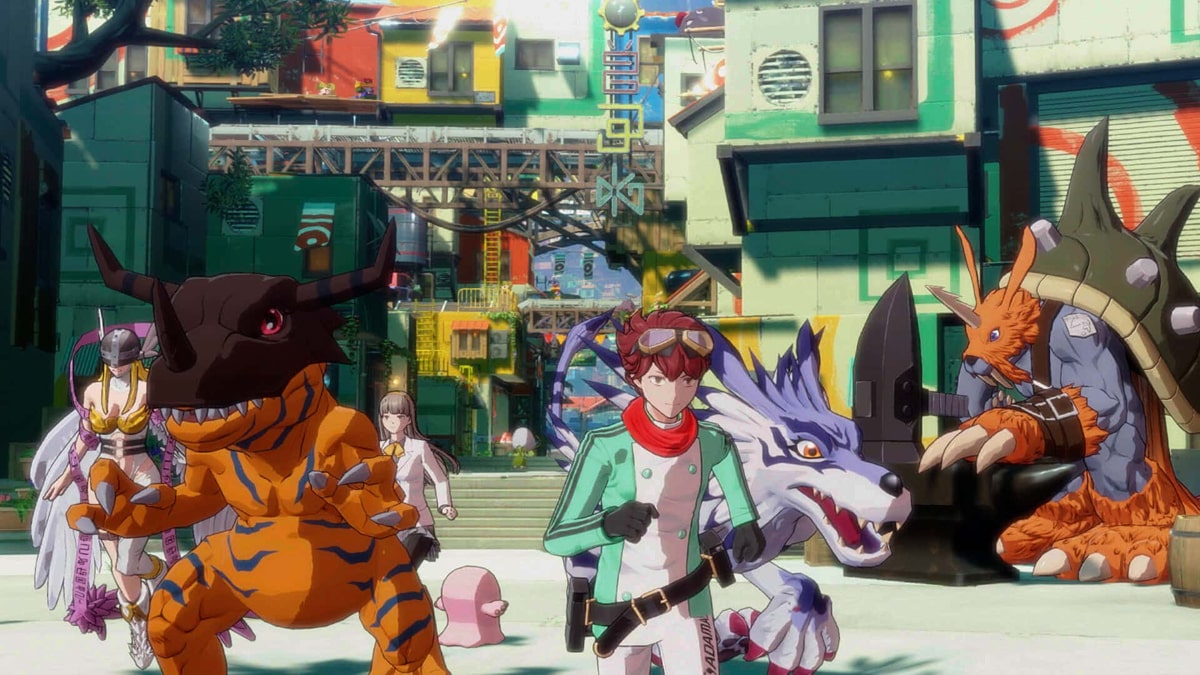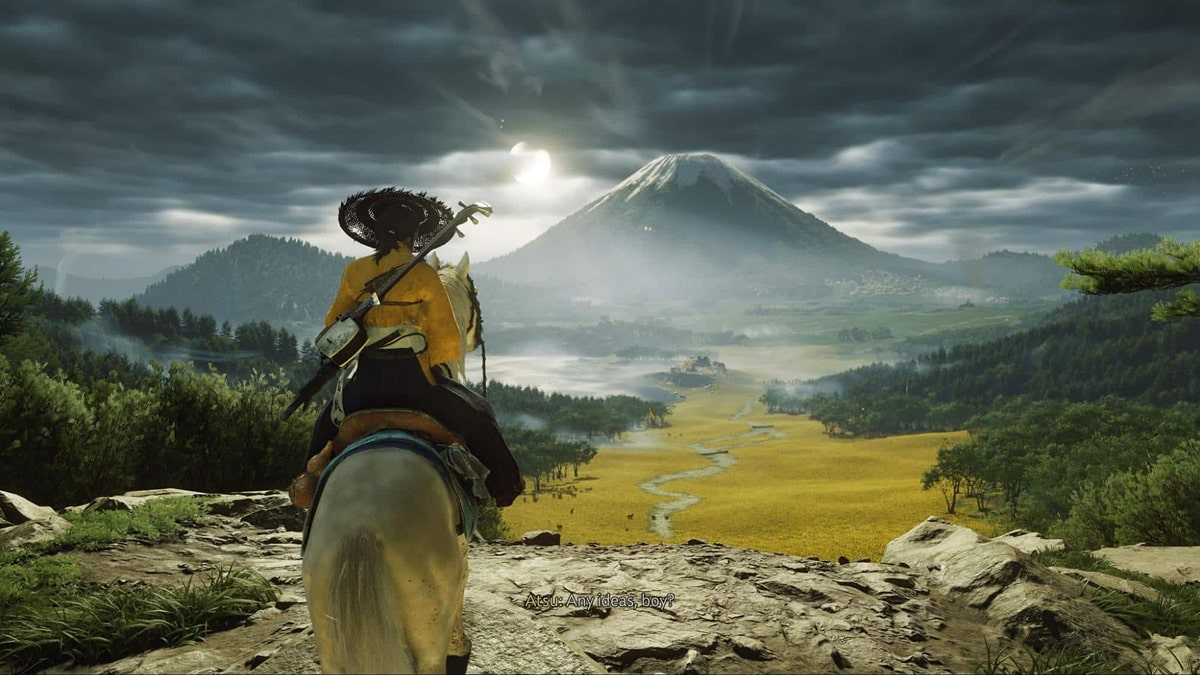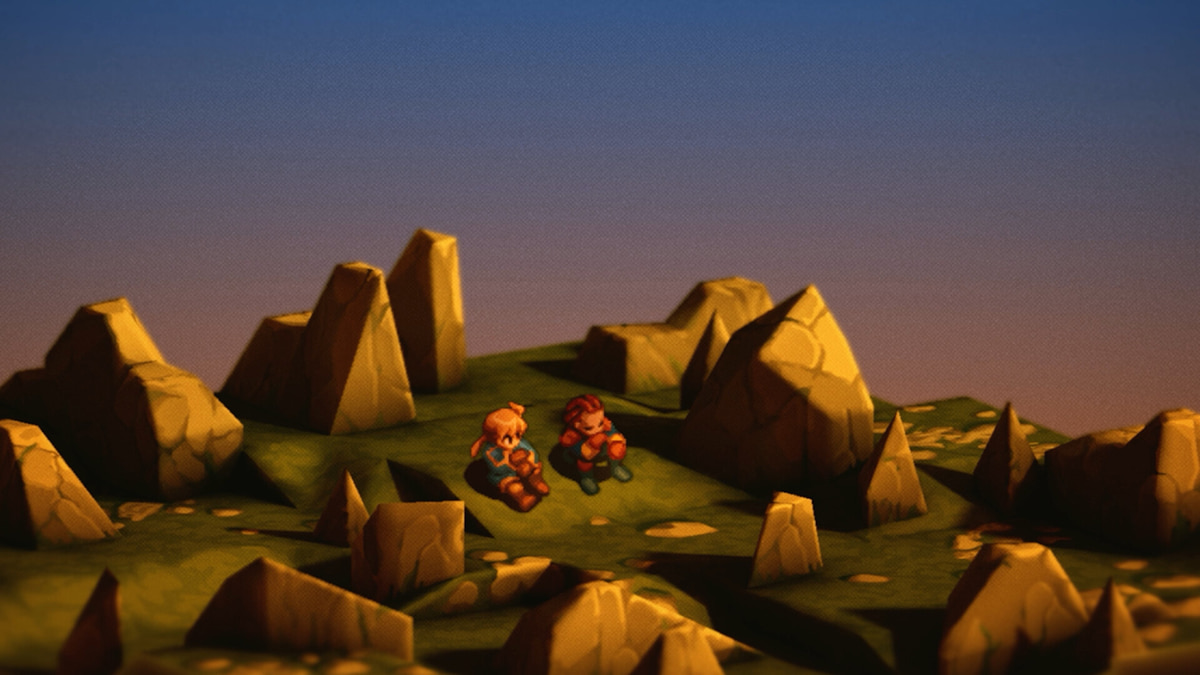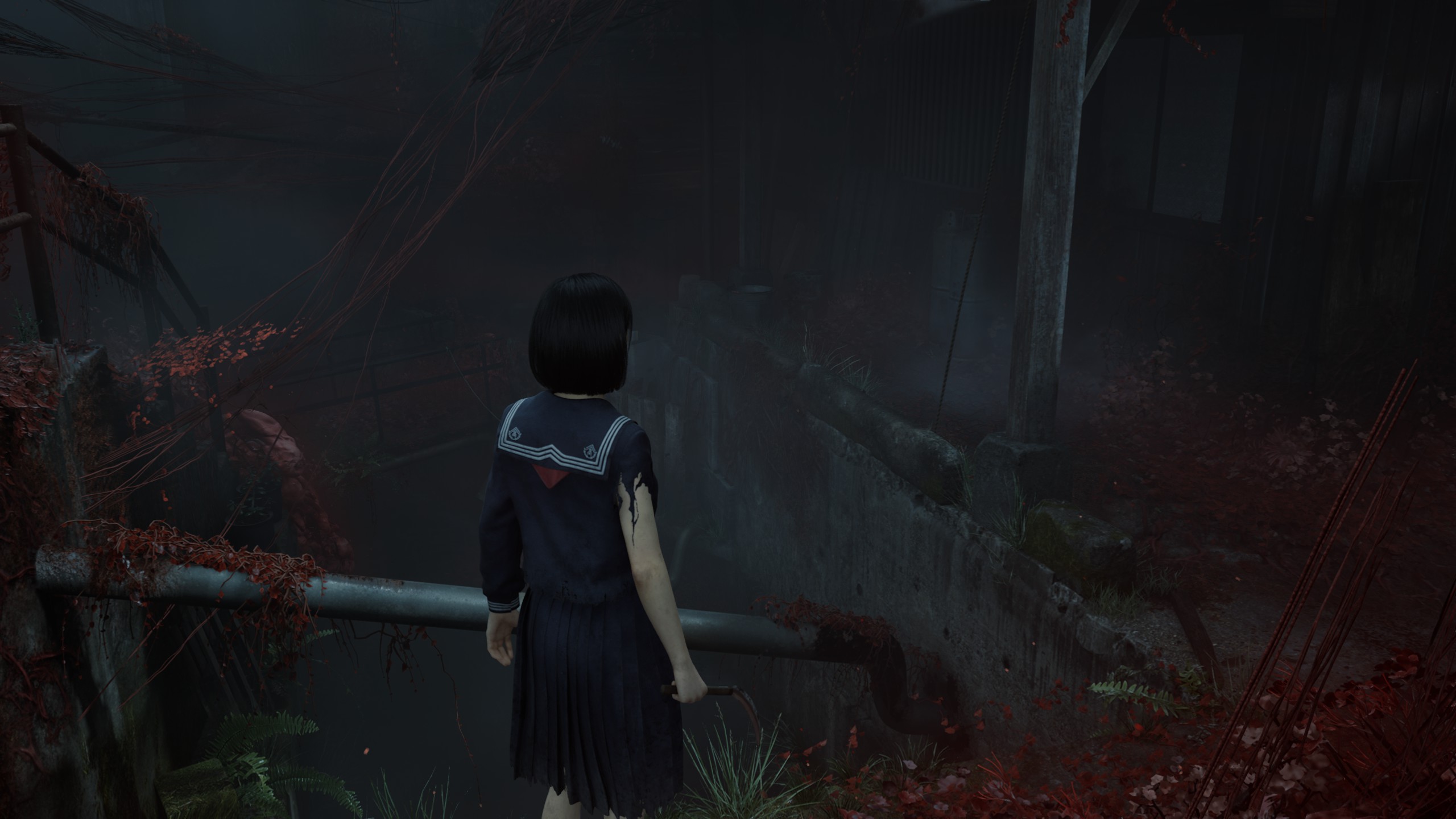You can trust VideoGamer. Our team of gaming experts spend hours testing and reviewing the latest games, to ensure you're reading the most comprehensive guide possible. Rest assured, all imagery and advice is unique and original. Check out how we test and review games here
Given the fact that the DS features twin screens and stylus interactivity, it’s a real surprise that more point ‘n’ click adventures haven’t graced the popular handheld. One developer who recognises this is Cing, the team behind Another Code: Twin Memories, and now Hotel Dusk: Room 215.
Rather than wasting time begrudging LucasArts for their ongoing lack of point ‘n’ click output, finally fans of adventure puzzle games can while away their hours in the fantastically stylish world of Hotel Dusk. It oozes cool, character and unique style, yet while all these are important, the substance of the puzzles will determine the success of Hotel Dusk.
You assume the role of Kyle Hyde, a hard-boiled ex-cop turned door-to-door salesman. As his wonderfully clichéd name suggests, Hotel Dusk is a game heavily inspired by film noir and pulp crime novels. The plot, which sees you struggling to juggle the monotony of a salesman’s life with the burning desire to uncover the whereabouts of Kyle’s ex-partner, is straight from the pages of a Graham Greene novel, and the protagonist’s snarling arrogance and apparent ice-cold heart make him a classic noir anti-hero.
The clear literary inspirations that Hotel Dusk draws on are not the only similarities the game shares with the ancient analogue format that is the book. Firstly, Cing’s adventure is largely text-based, meaning lots of reading. Fear not though, as the dialogue and plot is so witty and well paced, playing never feels anything like a chore.
From the outset a lot of details are fairly murky, from the double purpose of your sales company who also track down missing objects, to the opening cut-scene that suggests you are not only looking for your partner, but are the man who put a bullet in him. As you play you are constantly bemused by countless loose ends, and the compulsion to read on and discover more is irresistible.
The more obvious comparison with the bound pages of a novel is the way you hold the DS to play. Quite literally, you hold it like a book, with the twin screens running portrait rather than landscape. This is a novel twist on the standard DS position, but in reality does little to the experience of playing, other than to prove how ergonomic Nintendo’s handheld is, whichever way you look at it.
Gaming stance aside, the other unusual aspect of Hotel Dusk is the visuals. The cutscenes and backgrounds for the text sections consist of stylish, muted hand paintings, and the characters that appear in front are made up of incredibly well drawn pencil sketches, that are part-animated in a similar way to the more garish illustrations of Phoenix Wright. The character art may only on occasion shimmer with the odd flash of pastel colour, but the substance, quality and technique of each drawing drips with the kind of panache normally reserved for the better comics.
When Hotel Dusk really surprises though, is not through its drawings or dialogue or eccentricities, but when you get it in your hands and realise what the sum of these parts is; namely cool. The kind of cool more commonly seen in a black-and-white film about gangsters; the kind of cool Quentin Tarantino can magic up in a moment. Sure, lots of games have pretty cool effects or gameplay elements, but a human sense of cool that makes you think ‘I wish I could be like him’? That is a very rare treat us gamers have almost forgotten we should see more often.
Kyle Hyde doesn’t feel like a video game character; he feels like a movie star, and there’s a grand irony in a game that is the antithesis of the big budget, cinematic release feeling so filmic. Yet despite all of the sharp-tongued arrogance and cocky bravado, Hyde needs some quality gameplay, and in general he gets it.
The age old point ‘n’ click model of collecting objects, talking to NPCs and combining the results to solve increasingly complex puzzles is at the root of the experience, but Hotel Dusks attempts a slightly new interface, which is a mixed success. On the right screen, when you are not watching a character chat, there is a top down large-scale map of the Hotel that is the game’s sole playable setting. Using the stylus you walk around the building, with a rather scruffily realised version of your perspective on the left. At given points a tap of your HUD lets you inspect objects, prompt conversation and solve puzzles that often involve direct stylus input to effect objects as you would in real life; for example, rolling round the drums of a digit entry lock to crack a code.
The game is broken down into ten chapters, each representing an hour of Hyde’s stay, though some will most likely take you a little longer than an hour to complete, which brings us to an unavoidable failing of even the genre greats like Monkey Island. However good a developer makes their game, they can’t account for our own ability. At some point whilst playing Hotel Dusk, you will miss a clue, or absentmindedly forget a crucial line of conversation, or even just blindly ignore the obvious. When that happens, all you can do is wander the hotel’s corridors, checking every door and object, and prompting every conversation over again until you stumble back onto the pathway to success.
That can be a real pain, but is a necessary evil of the gameplay structure. Any clues to help you out of that situation would only ruin the game when you are more up to speed with what you are doing. But what is really unforgivable here, are the moments when you get a game over screen, only to be sent back to the last save, meaning you may have to re-read dozens of pages of text you cannot skip.
Some would say the puzzles are a touch easy at times, though there certainly are some corkers. If you are looking for action then try elsewhere, but if you fancy the old-fashioned pleasures of a great point ‘n’ click, then snap this up now, and enjoy one of the sharpest, coolest worlds seen in gaming for a long time. Just don’t forget to save every other minute.
/https://oimg.videogamer.com/images/6631/hotel_dusk_room_215_1.jpg)
/https://oimg.videogamer.com/images/607c/hotel_dusk_room_215_8.jpg)
